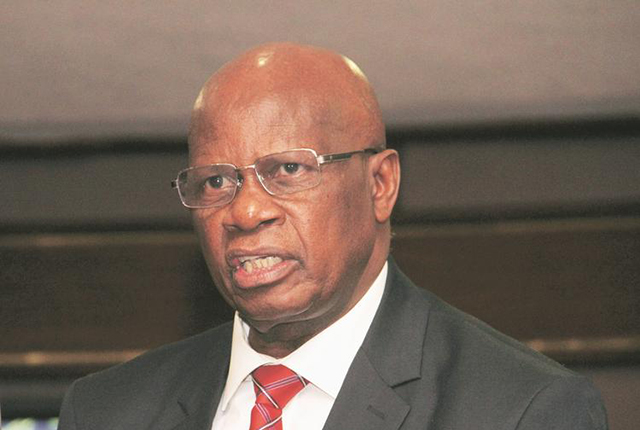New pay structure for parastatal bosses

Tendai Mugabe Senior Reporter
The Office of the President and Cabinet (OPC) has drafted a new pay structure that sets benchmarks on salaries earned by chief executive officers of parastatals and State enterprises.
Figures of the new salaries will be made public once the proposals are approved by Cabinet.
This is in line with the National Code of Corporate Governance adopted by the Government recently.
An enabling law, the Public Entities and Corporate Governance Bill, is also going through Parliamentary processes to pin down those who flout set salaries and engage in other corporate governance transgressions.
Acting director Corporate Governance Unit in the Office of the President and Cabinet Ms Roselyn Tapfumaneyi told The Herald last week that the new framework now awaited Cabinet approval.
“We monitor compliance in parastatals and state enterprises,” she said.
“We have done another remuneration framework that is now waiting Cabinet approval. We have categorised parastatals into commercial, social and non-profit making entities and that is going to govern their remuneration. I cannot give you the figures now because they are yet to be approved by Cabinet.”
Penalties that would be meted on those who flout set salary limits as covered by the Public Sector and Corporate Governance Bill once passed into law.
In 2014, Government pegged $6 000 as the highest salary for public officer holders.
This followed media exposure of massive and undeserved remuneration of top executives, flouting of tender procedures and other murky activities in both private and public entities.
The proposed $6 000 was ignored as most CEOs continued to award themselves mega salaries at the expense of service delivery.
As a result, Government resolved to come up with an enabling Act that gives legal effect to the National Code for Corporate Governance.
Once passed into law, the Public Entities Corporate Governance Bill will underline the responsibilities of line ministries to effectively monitor, supervise and oversee the management operations of public entities to ensure strict compliance.
The Bill also proposes to limit terms of CEOs to 10 years.
Clause 47 of the Bill reads: “People who are CEOs of public entities on the commencement date will be permitted to continue in office until they have served for the maximum period allowed under the Bill, that is, for five years renewable once, and if they have already served that period they will cease to hold office six months after the commencement date.”
The Public Entities Corporate Governance Bill will also underline the responsibilities of line ministries to effectively monitor, supervise and oversee the management operations of public entities to ensure strict compliance with the provisions of the Bill.





Comments